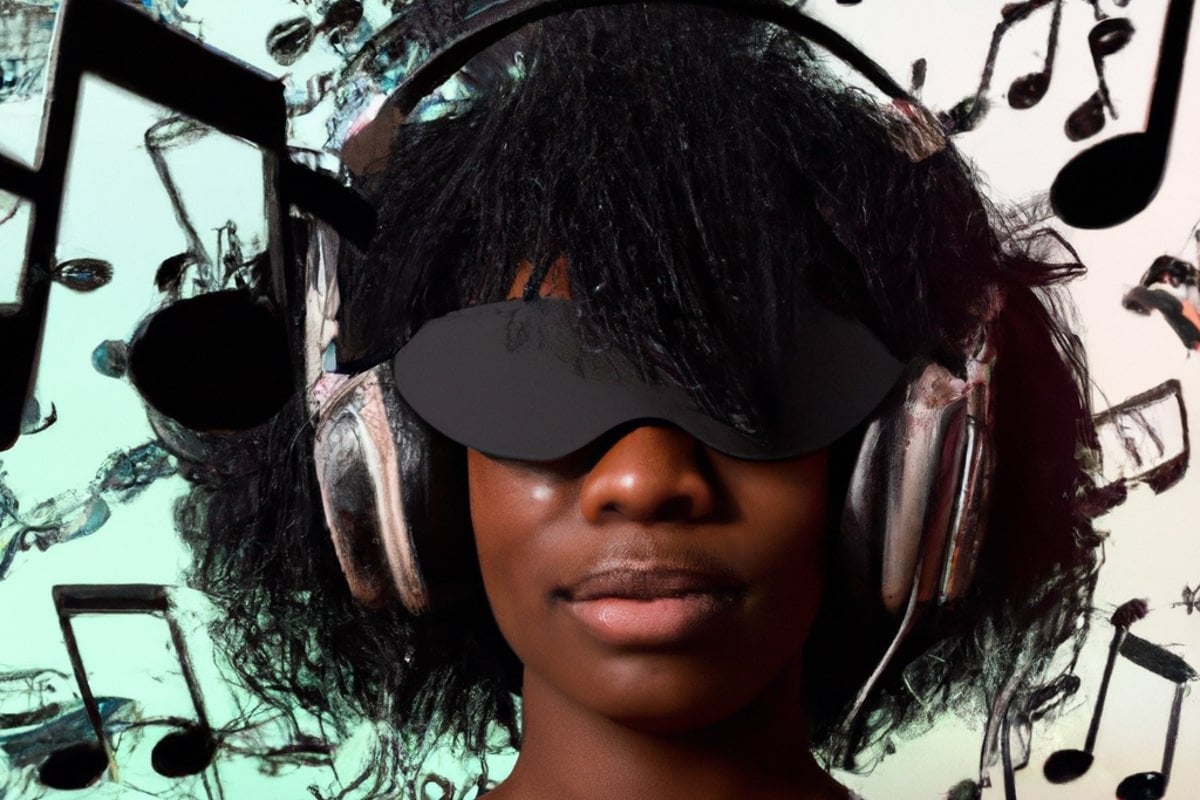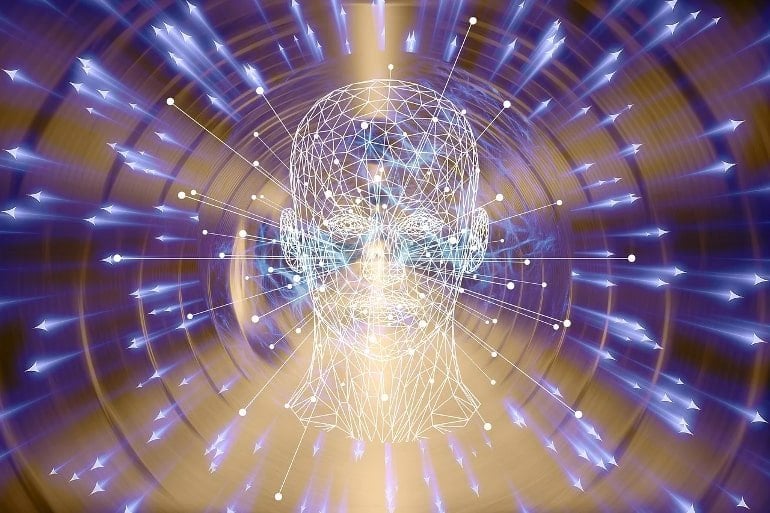
Listening to music could reduce symptoms of cybersickness, which can cause dizziness, nausea and headaches when using virtual reality devices. The study discovered that joyful music significantly decreased the overall intensity of cybersickness, while both joyful and calming music substantially decreased nausea-related symptoms. The study, also found that cybersickness caused a temporary reduction in verbal working memory test scores, and a decrease in pupil size, slowed reaction times and reading speed.










